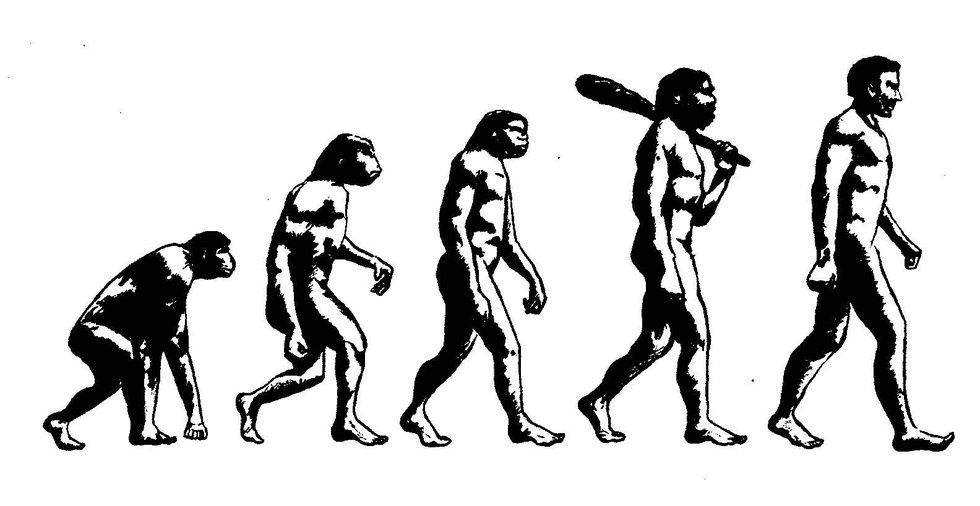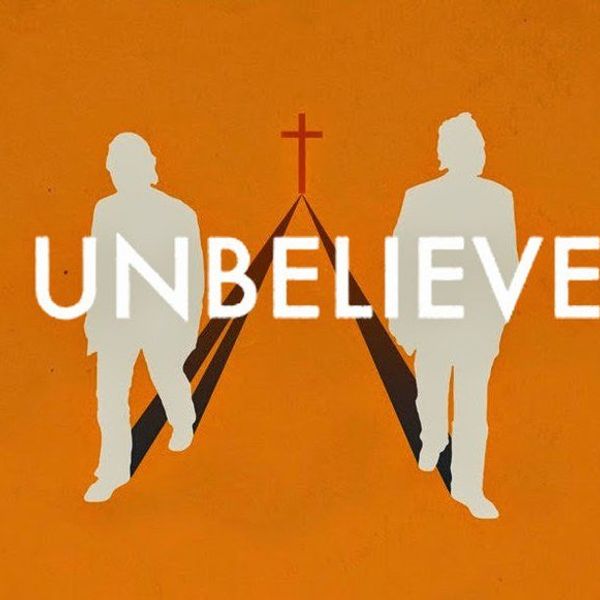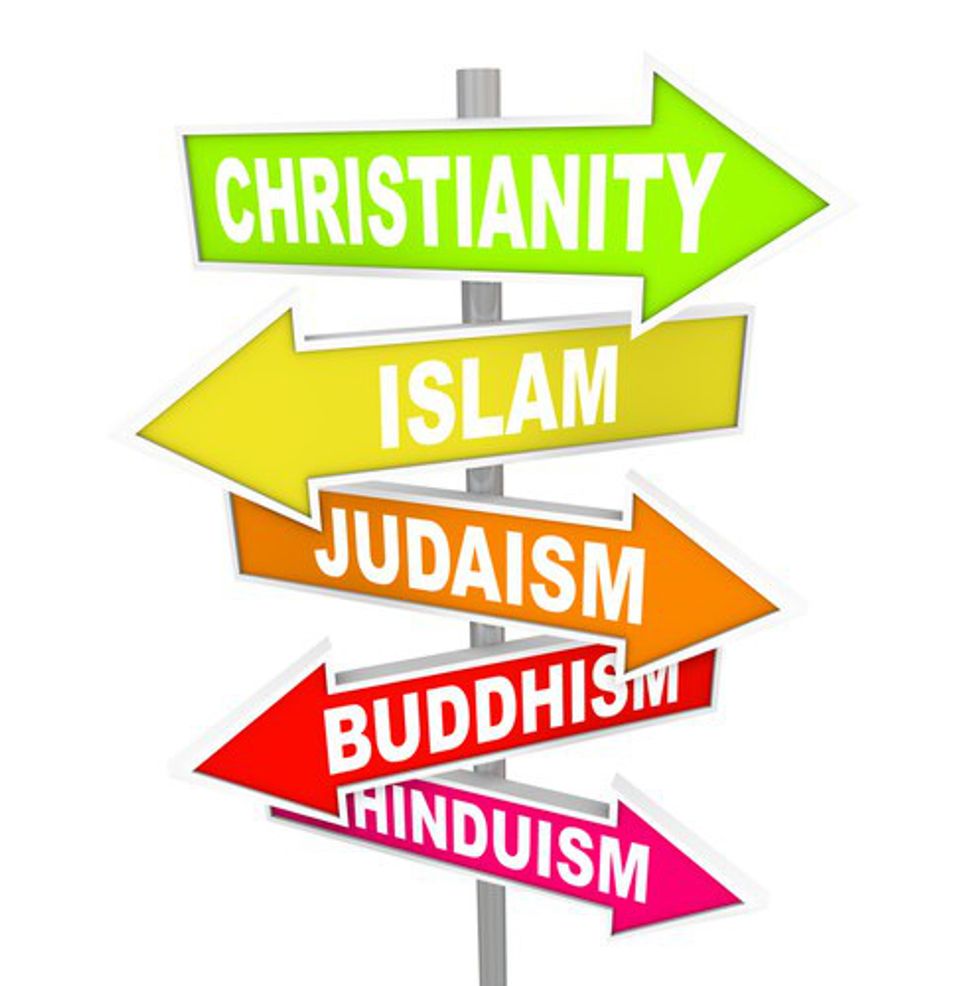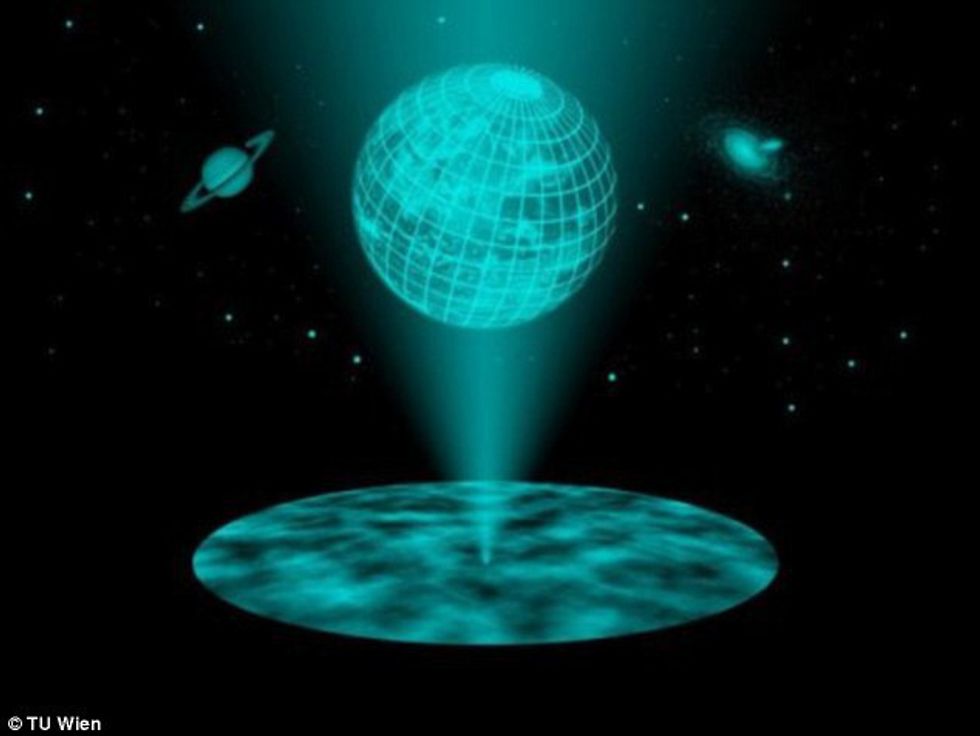Between creationism, anti-vaxxers, and Flat Earth conspiracy theorists (yes, there are people who still think the Earth is flat), people often feel the need to say that they believe in science.
Stop.
Seriously, stop.
Belief implies a question. If you believe in science, it gives people the option to not believe in it. Think of almost every other usage of belief.
Children believe in Santa. You might believe that one day you will have your dream job and be fabulously rich. Voters who support a particular candidate do so because they believe their candidate will do good for them. In all these cases, the belief signifies that most people do not believe it. And there is a certain chance that you might be wrong, not just a sliver of a possibility. And by sliver, I mean nothing in the world can be certain. I might secretly be an alien trying to infiltrate the Earth one article at a time. But that's highly improbable. You can probably say that you know I am a human being, not that you believe I am a human being (unless you're really into conspiracy theories).
There's one other large category where belief is the right word and used extensively: religion.
We often use the word "believe" for religion. Or if you are agnostic or atheist, you usually say you "don't believe" or don't know what to believe. There is a choice. There's no absolutely incontrovertible proof that one belief or lack thereof is factual.
So back to science. It might seem a good idea to boast about how progressive and smart you are because you "believe in science", but that's still implying a belief rather than something you can be sure of. If someone asks you what your name is, you would simply state your name, not "I believe my name is..." Because you know what your name is. There's no question in your mind what it is. Other than another conspiracy in which everyone has been lying to you about your name for your entire life.
Belief does have a place in science. For example, one can believe that the entire universe is a projection, or one can chose not to believe. it.
At this point in time, the evidence may be growing according to some scientists, but it's far from hard proof. But when it comes to the normal things I often here people saying they "believe" in, it's not a question of belief. It's a fact. Your child absolutely should get vaccinated. The only evidence "against" it was more or less admitted to be fabricated and it has been proven quite thoroughly by the fact that it has in fact eradicated many old diseases. If you say you "believe" in vaccinating your child, that implies that others might not "believe" in doing so for their child. Instead, it's something you know to be good for your child. Whether or not it can be considered a "moral duty", that is something you can or cannot chose to believe in. But believing in vaccinating your child? There should be no such thing. It should just be something everyone knows you should do, like how everyone knows you should wash your hands regularly. Just common accepted fact, not a belief.

Generally, the people using the word "belief" and science together tend to be people who have no problem with science, but feel the need to point out that they are smart because they believe in science. Slightly better is when people are trying to use it to correct the misconception that major religions believe in creationism or other such b.s, such as saying, "The Catholic Church believes in the Big Bang Theory" (understatement seeing as the Pope was really, really excited when that first came out). In this second context, it makes sense since the alternative is in fact a fallacious belief. It also somewhat makes sense if you consider religion to be its occasional opposite, as religion itself is a belief, although almost a fourth of creationists have never or rarely attended church, so if it is their religious convictions, you would think those convictions would also make them go to Church more often. Really, none of these incorrect beliefs are really that religious, which is partially why I have no problem attacking them.
Well, that, and mountains and mountains of evidence in favor of the science. There are somethings in science that do require belief. There are the things we then test thoroughly. Things we have already tested thoroughly? Not so much. So if you truly support science, stop saying you "believe" in it. You wouldn't say that about it's equivalent in any other subject. You wouldn't say you "believe" Washington was the first American president because you "believe" in history. You treat that as a fact that doesn't have other legitimate alternatives. If you do in fact support good science, stop giving merit to fallacious ideas by treating the scientific truth as just something you "believe".























